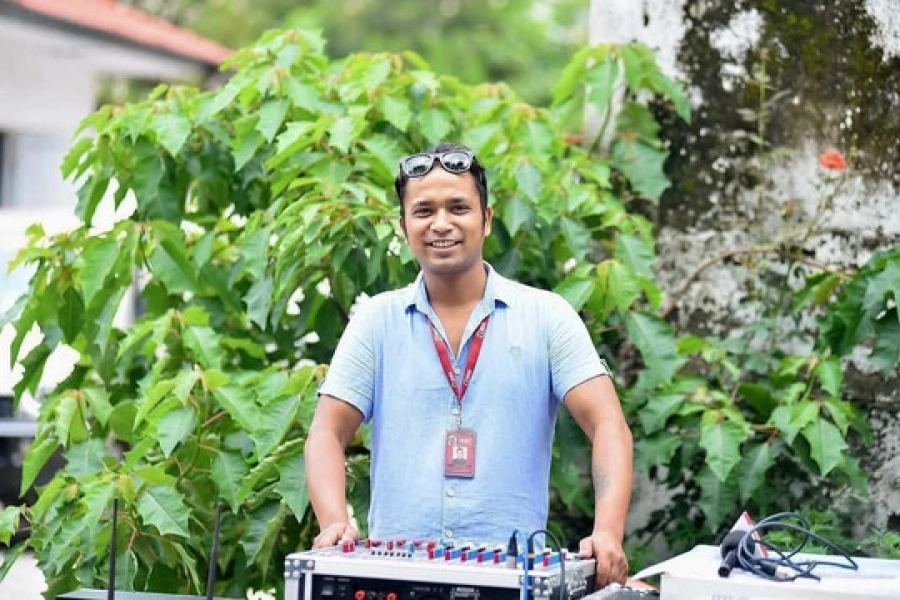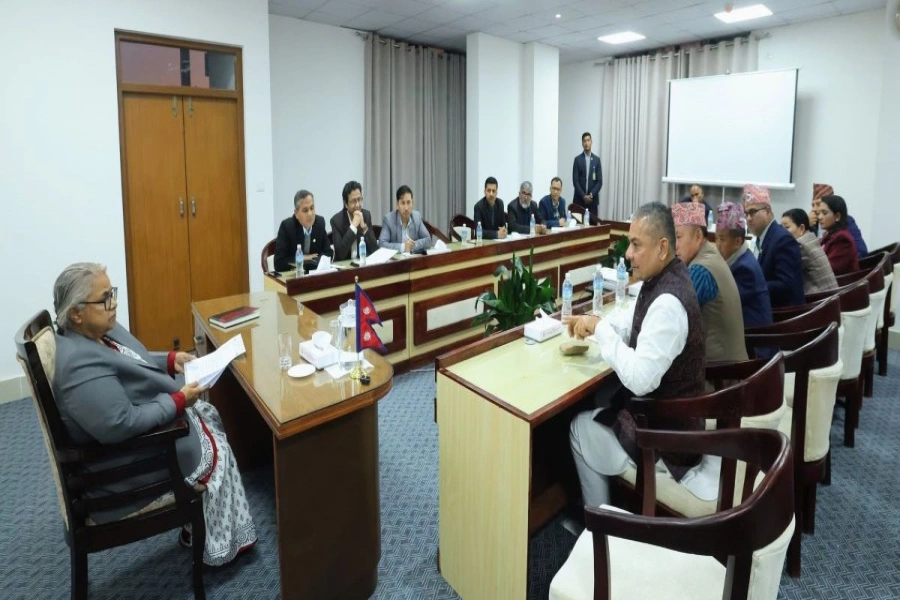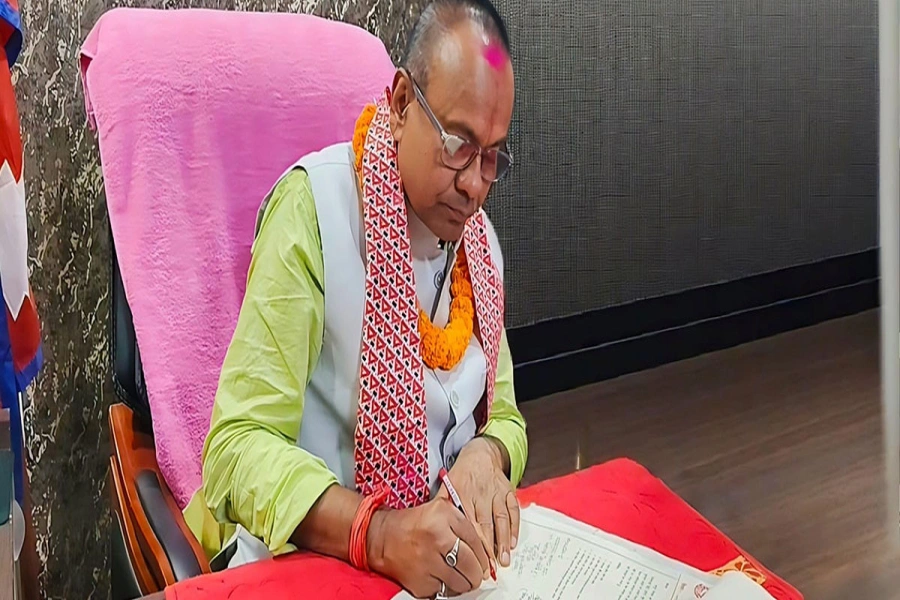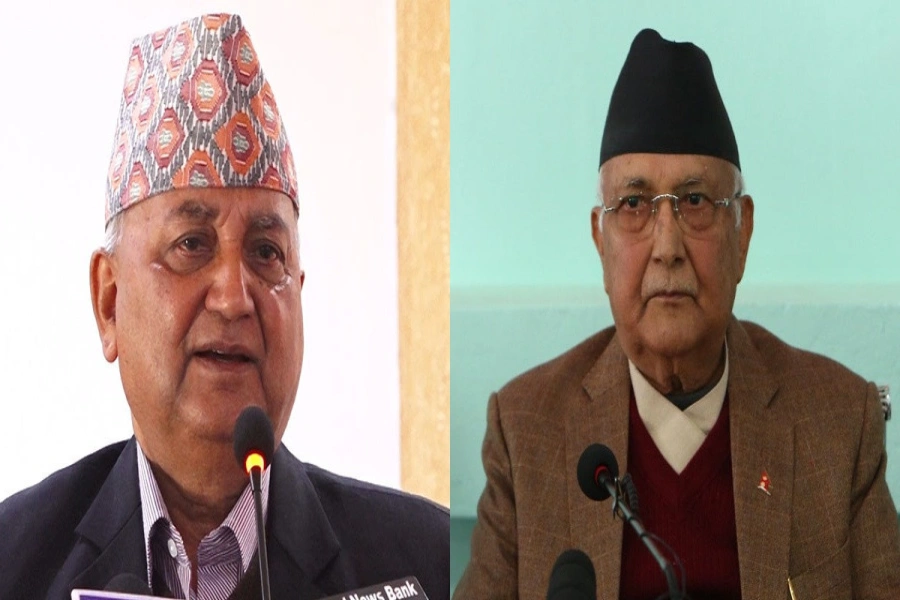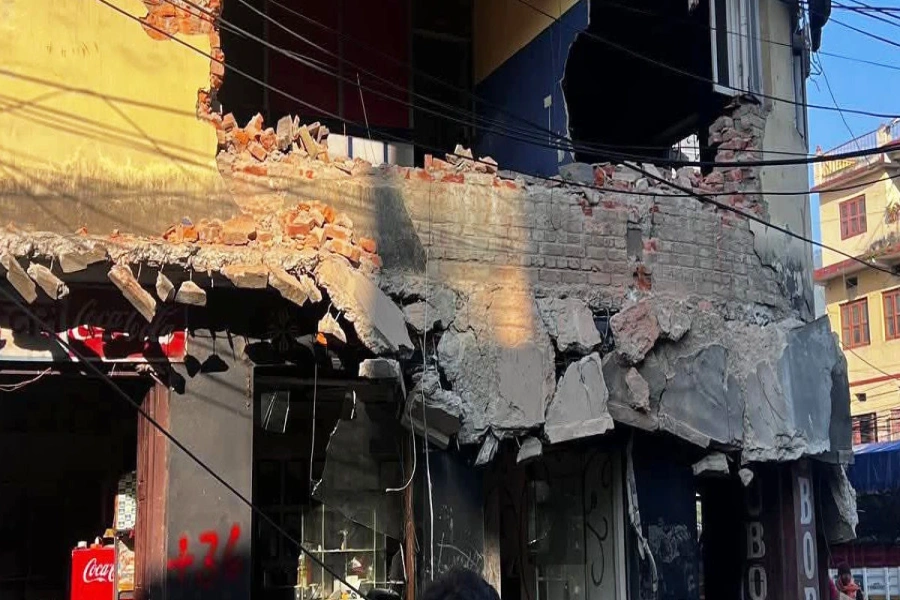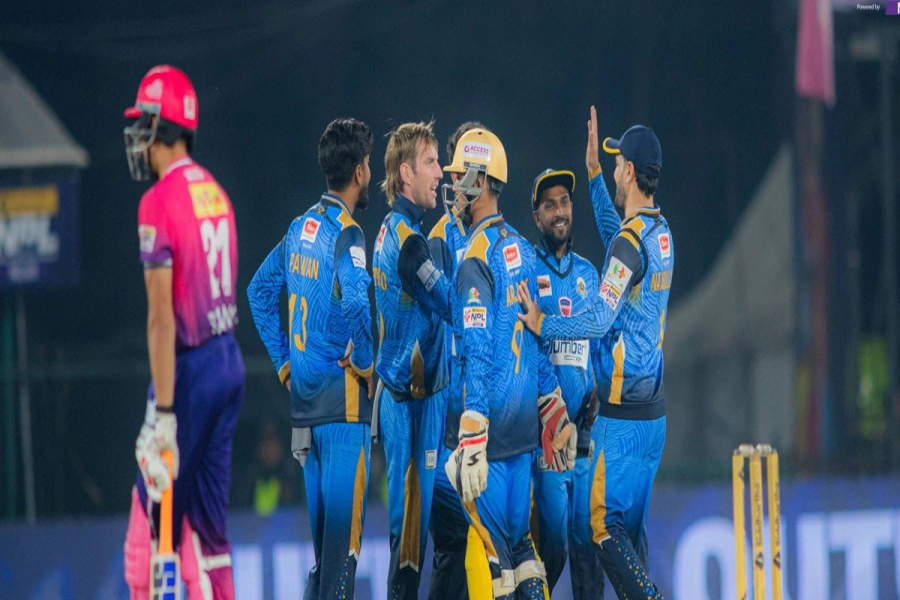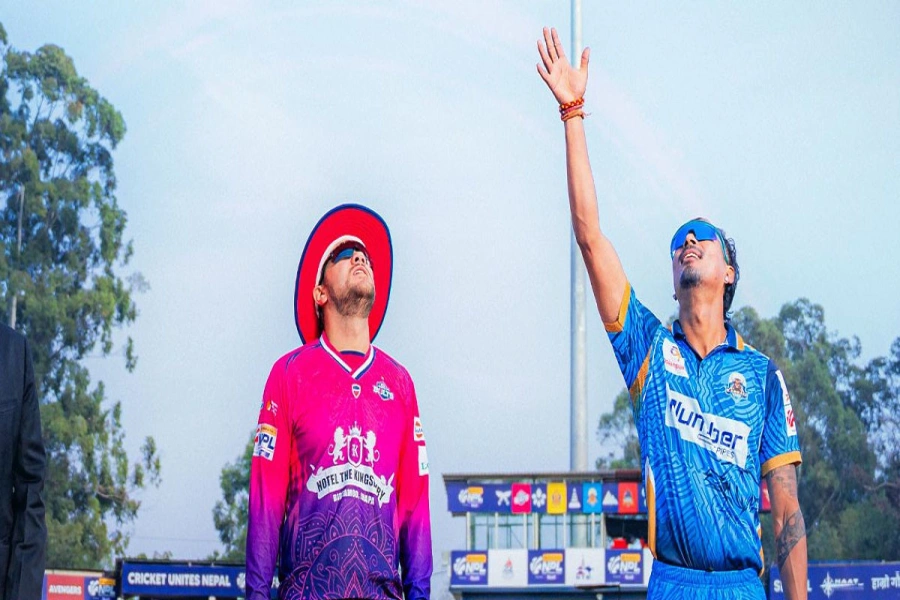The elements of a functional democracy must include the following: separation of power, independent judiciary, direct or indirect participation of the people, rule of law, transparency of the government officials, safeguard of fundamental rights, free and fair elections, to name a few. I challenge any of our contemporary political leaders to say if even half of these parameters have been met in Nepal.
Has Nepal been a democracy, yet? Well, if you tell by the way Nepalis elect their government, through the use of their voting rights, yes, Nepal is a democracy. But that does not suffice its character. It is in fact a much more complex political system that involves an intricate interconnection between several institutions, interest groups, political leaders, and more importantly, the citizens.
The ever-famous definition by Abraham Lincoln defines democracy as ‘the government of the people, by the people, and for the people’. If I had to argue whether Nepal has been a democracy thus far, I'd start by asking whether the government has actually been “for” the people, “of” the people. Honestly, I do not believe that it has. People’s aspirations, opinions, freedom, and rights must remain at the center of democracy. But in our case, the needs of the people have been sidelined and democracy has been mocked while the political parties have indulged themselves in blame games, cheap publicity stunts, and deception over the years.
The government has been for the rich, but not for the masses who live in abject poverty. The government has been for corporations who subscribe to their political groups, but not for workers and farmers who are underpaid for their hard work. The government has been for the elites who help them gain power, but not for the middle-class families who simply cannot afford healthcare or quality education for their children. The governments have not been for the people. This is the bitter, unfortunate truth.
Democracy’s discontents

The elements of a functional democracy must include the following: separation of power, independent judiciary, direct or indirect participation of the people, rule of law, transparency of the government officials, safeguard of fundamental rights, free and fair elections, to name a few. I challenge any of our contemporary political leaders to say that even half of these parameters have been met in Nepal. Let's just look at the way political parties revved up for the local elections. Elections are supposed to be a way to test the likability of parties and their manifestos, as well as to evaluate their performance in government or opposition. However, in order to secure seats, the parties agreed to compromise their core values and aligned to form unnatural coalitions that resemble cartels.
Some may argue that flawed democracy is still a democracy. No, my friend, half freedom is not freedom; half speech is not a speech; half democracy is not a democracy. What kind of democracy do you believe you have when you can only sing the songs that pleases the ears of your masters?
Democracy is a long and winding road. To mature, it requires time, education, consistency, and good practices at all levels. There is no magic bullet that will fix it overnight, but we must begin somewhere. Building trust could be a good place to start.
Building the trust
1. Transparency: In our democracy, few representatives hold the authority to make decisions on behalf of the thousands of their voters. Every vote is a trust. Making decisions that affect other people's lives is a delicate job with a serious responsibility, but there do not seem to be many who realize this very fact. For people to have faith in their governments, leaders must openly communicate their choices regarding policy, budget, and programs to the people clearly, accurately, and effectively.
As we saw while ratifying the MCC compact, it was only the Nepali Congress party that took a clear position in its favor. CPN-UML, which holds the highest number of seats in parliament, despite endorsing the compact while in power, remained largely silent while the violence raged, and suspiciously chose not to take part in the voting. The Maoist Center, led by Pushpa Kamal Dahal, was the most hypocritical and vicious in inflicting violence, creating a divide among the people. While they agreed to its parliamentary ratification at the political level, they continued to manipulate their cadres to resist the compact on the streets. The exposed tendency of the communist parties to use the void to sharpen their election prospects proved to be the most harmful.
It was a testament to the fact that the government has lost the trust of the people. One of its causes has been the communication gap between the people and the political parties which is quite unfortunate for a democracy.
The public has a right to know the truth. Political leaders must communicate with their constituents because it is their responsibility to do so. People should know how well we are doing as a country and where we are falling behind. It will increase public trust in the government, which, in my opinion, is the first step toward stabilizing democracy. Transparency has to be the key.
2. Humanity: Through gestures of kindness, empathy, and fairness, a people's government should focus on addressing the notion that it genuinely cares about the needs and concerns of its constituents. Our humanitarian foundation, however, is deteriorating. Our ideas such as building wasteful “view towers” over desperately needed healthcare facilities or schools reveals our haphazard investment priorities and populist mindset of the politicians.
We should invest in the sectors that bring broader good to society and the environment and produce greater social outcomes. Government continuing to spend in wasteful purchases despite the economic crunch is inhumane. Political parties still imposing “Nepal Banda” and still daring to call it “for the people” is inhumane. Local representatives enjoying handsome salaries and benefits where the people do not find an ambulance to the hospital is inhumane. This pitiful political drama, which despises mankind, must come to a full stop.





